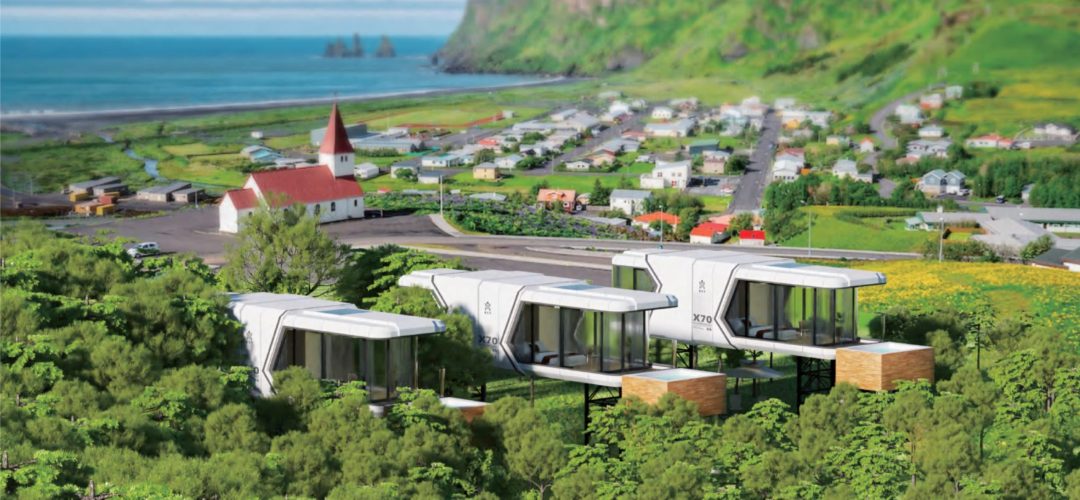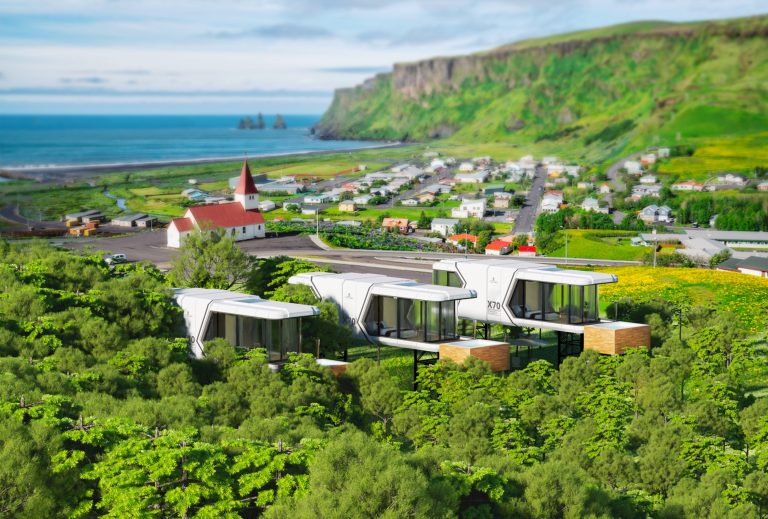
Space capsule houses are the forefront of the modern housing revolution. These are actually micro and modular homes that have sleek, futuristic designs that combine style and avant garde living. As derived from its name, capsule houses are inspired by the space capsule pods where astronauts live and work. They incorporate a compact and efficient design that promotes a minimalist lifestyle. These housing units are eco-friendly, sustainable and integrated with smart home technologies.
But let’s get to the heart of the matter: are these capsule houses truly worth investing in or living in?
The answer is relative because it depends on a homeowner’s needs, budget, preferences and lifestyle. If you’re looking for affordable housing that offers elegance combined with energy-efficiency and sustainability, a capsule house may be considered. But there are drawbacks as well, including limited space and privacy issues.
This article will delve into the real pros and cons of capsule houses. Its aim is to provide information so that you can mull over their potential and whether they are worth investing in.
Table of Contents
Benefits Of Capsule Houses
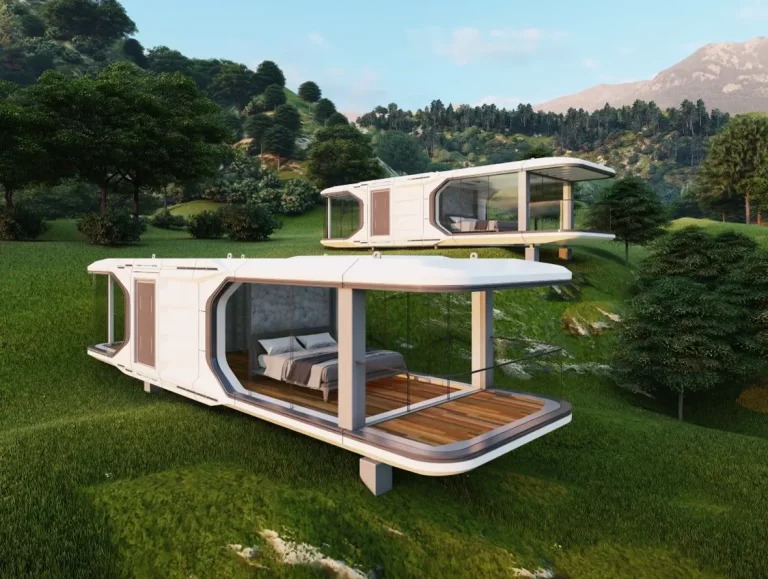
• Cost effectiveness
It is cheaper to construct a micro home than a traditional house. A prefab house is actually constructed in the factory where it goes through strict quality control. It is then assembled in the site, where all that needs to be done is install and connect it to utilities. Constructing a capsule house is 40% faster than a traditional house. It requires less time and laborers, that’s why it is cost-effective.
• Efficient use of space
Designed to be compact yet efficient, every square foot is utilized in a micro home. It is designed with built-in, foldable and multifunctional furnishings to optimize space. Everything in it is essential, albeit few and basic. Its small area requires minimal lighting, heating and air-conditioning and there’s limited use of resources, reducing carbon footprint. A small capsule house is only 200 sq. ft. maximum, thus, it is an ideal housing in an urban area that has limited land.
• Mobility and flexibility
Many capsule homes are portable, and you can “take” yours with you if you want to relocate. It is flexible in that you can move it to change scenery, other than transporting it to another city, for example. If you wish, you can customize your tiny house to cater to your (growing) needs and preferences.
• Environmental sustainability
A capsule dwelling fosters minimalist living. The premise of this is “less is more”. With minimal need for lighting, heating and air conditioning, it has reduced carbon footprint. Solar panels can even be incorporated for energy efficiency and lesser utility bills.
Drawbacks Of Capsule Housing
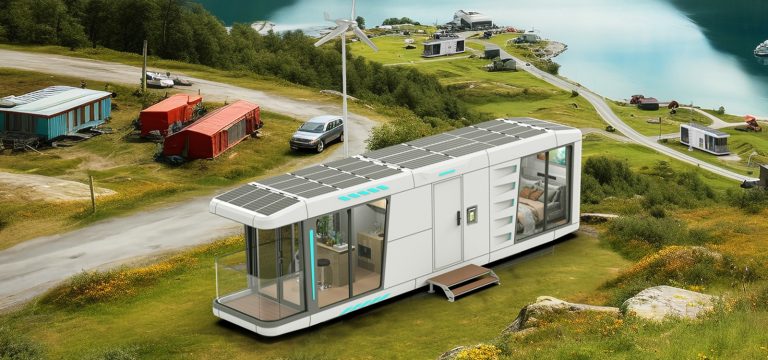
• Limited living space
A minimalist way of life does not suit everyone, especially if you have plenty of belongings. A micro house may be inconvenient for families due to space constraints and privacy issues. It is especially not acceptable to claustrophobics. Movement is restricted in this form of housing, and it tends to be uncomfortable.
• Privacy concerns
This is a major drawback of a prefab home. Being compact, the walls of these units are often too thin and do not protect from noise. The interior of a micro home has an open design that may not give you the peace and quiet that you desire. You may have to sacrifice your personal space and solitude when living in a capsule home.
• Regulatory and zoning issues
It may be complicated to implement and expand your prefab house due to regulatory and zoning issues. Capsule houses have an unconventional design and structure that stringent building codes and zoning laws in many cities may not accommodate. Bureaucratic hurdles ensuing from this can lead to delayed construction, increased costs and the limited availability of a suitable location for your unit.
• Comfort and adaptability
This is a notable drawback of capsule houses that may compromise the living experience of their residents. Space is confined, limiting movement wherein activities such as sleeping, eating and working may become less enjoyable. A micro house is not ideal for people who need larger areas or more complex home set-ups.
Real- Life Applications
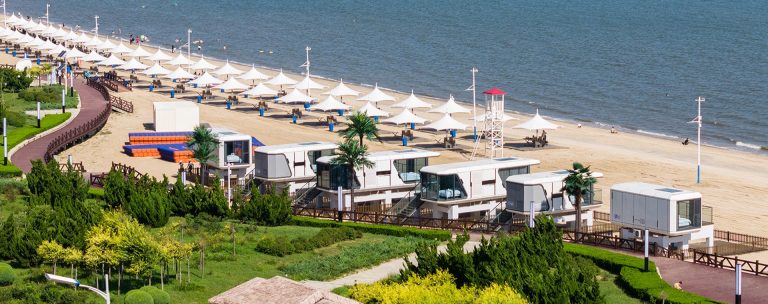
• Tourism and Hospitality
Capsule houses originated from Japan, where they were used in the hotel industry. To this day, these structures have real-life applications in the tourism and hospitality industries. In bustling urban locations, space is often at a premium, and capsule houses offer travelers convenient and affordable accommodation. With their futuristic design, capsule units are inviting to modern travelers. It gives them a unique, minimalist experience that does not compromise comfort.
Hoteliers have increased revenue potential in capsule hotels as they are able to accommodate more guests despite limited space. Even eco-friendly tourists can align their advocacy by staying in capsule hotels that render sustainable tourism practices. The hospitality landscape is transformed by capsule homes as they provide budget-friendly solutions that bring an enhanced travel experience.
• Urban Housing Solutions
Home ownership in densely populated cities present various problems. Many of these are addressed by micro prefab homes. These units are efficient and compact, providing an affordable alternative to traditional housing. Modular housing, as an emerging trend, makes home ownership accessible to a larger population.
A large number of residents can be accommodated in capsule home communities although land in urban areas is limited. Their way of living entails low carbon footprint and has reduced overall costs. Cities can respond quickly to housing demands, what with modular houses being flexible and can be rapidly deployed.
Future Of Capsule Houses
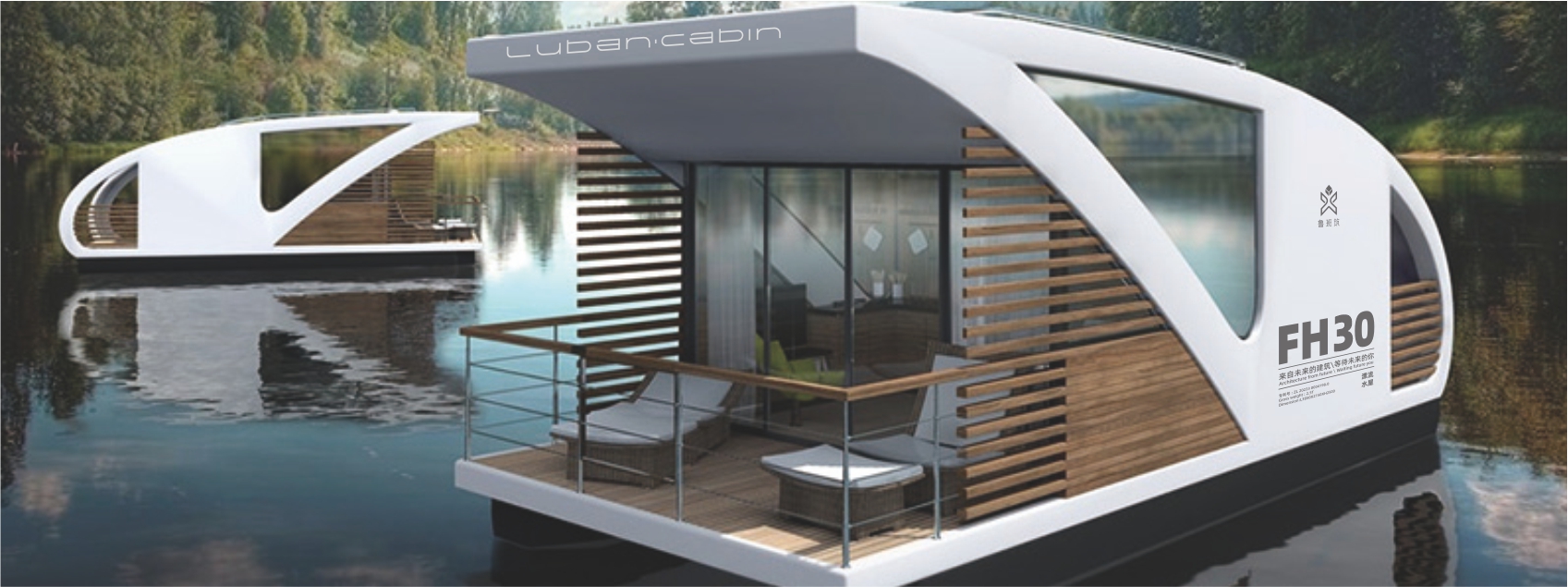
• Innovations in design and technology
Capsule houses are deemed as the future of modern housing. Outlook for these structures are promising with the seamless integration of cutting-edge design innovations and advanced technology. Incorporating smart home technology, these abodes can feature automated energy management systems, climate control and intelligent security solutions.
Modular construction advancements further enhance the appeal of micro homes as they allow rapid, cost-effective assembly and customization while utilizing sustainable materials. Capsule homes that are equipped with the latest technological advancements are placed to become the forefront of sustainable and efficient urban living solutions.
• Role in sustainable urban development
High density housing that optimizes land use while reducing urban sprawl is one of the major benefits of capsule houses. Thus, these structures have a significant role in sustainable urban development. Modular homes make housing affordable as it supports the development of vibrant and interconnected communities. Integrated into co-living models, residents of modular homes can have better social interaction and collaboration as they share amenities and communal spaces. These, as they foster sustainable living that help lower environmental footprints.
Capsule houses provide a versatile and scalable approach in addressing the rising urbanization and housing crises. This alternative housing solution creates sustainable and inclusive environments that address the diverse needs of the urban population.
Conclusion
Is a capsule house right for you?
The article above has elucidated on its pros and cons, and you can weigh them to decipher the best option. Capsule houses are cost effective, space efficient, flexible and eco-friendly and sustainable.On the other hand, note their drawbacks, such as being limited in space, lacking in privacy, hampered comfort and adaptability and possible regulatory and zoning issues.
All things taken into account, it suffices to say that capsule houses hold immense potential in revolutionizing urban living. Key challenges of sustainability, affordability and space constraints are addressed by this alternative housing solution. This is particularly appealing in densely populated cities. Dubbed as the future of modern housing, capsule homes offer a good quality of life while minimizing environmental impact.
Check out our website to learn more about our products. Read related articles and information on our blog. Contact us for your queries and concerns.
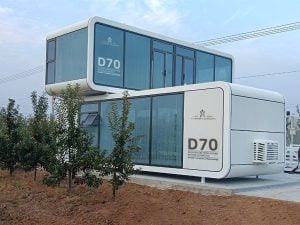
Why House Capsules Fit Tourism Projects
House capsules, especially from Luban Cabin, are reshaping tourism with flexible design, fast deployment, and strong returns. From portable capsule house solutions to competitive space capsule house price, investors are discovering why this model fits modern travel demands.
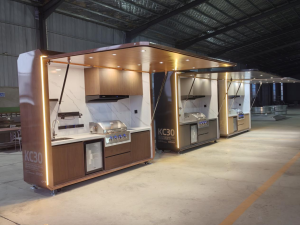
Winterize Outdoor Kitchen for Year-Round Use
A modern outdoor kitchen transforms backyards into functional living spaces in every season. From ready to assemble outdoor kitchen systems to premium storage and refrigeration, today’s designs combine durability, style, and long-term value for homeowners and business partners alike.
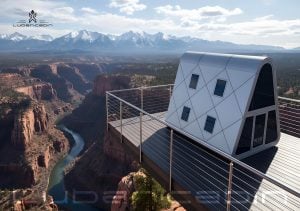
Why More Buyers Choose Luban Cabin Capsule Homes
Luban Cabin capsule homes are gaining global attention as buyers seek reliable, well-engineered modular living solutions backed by strong manufacturing capabilities and long-term value.
